Russia can no longer ignore the Islamist threat
The atrocities in Dagestan have exposed the Kremlin’s complacency towards the growing jihadist menace.

Want to read spiked ad-free? Become a spiked supporter.
Even by its own standards of wildness and restlessness, what happened in the Republic of Dagestan on Sunday stands among the most brazen atrocities in the Russian Federation since the Soviet Union’s collapse. Gunmen mounted what appear to have been coordinated attacks in Dagestan’s capital, Makhachkala, and the historic Caspian city of Derbent, targeting Orthodox churches and synagogues. They killed more than 20 people, including 15 police officers and an Orthodox priest. The Russian authorities immediately designated the attacks as acts of terrorism.
Six suspects were reported to have been killed in the gun battles that ensued. The number of police casualties is explained by the presence of permanent police guards outside the synagogues, following violence at Makhachkala airport last year during protests against Israel’s military action in Gaza.
The governor of Dagestan, Sergei Melikov, used Telegram to accuse the attackers of trying to ‘destabilise the situation in society’. He pledged to find ‘all the members of the sleeper cells who prepared [the attacks]… including abroad’. That, however, may be easier said than done.
The majority of Dagestan’s three million population are Muslims, with the republic also being one of the most ethnically diverse parts of the Russian Federation. What stands out from the attacks is their clear sectarian nature. Not only were religious buildings targeted – the attacks were also carried out on the Sunday of Pentecost in the Eastern Orthodox calendar. This suggests a new trend that is bound to be of deep concern not just to the local authorities, but also right up to the Kremlin.
President Putin, like Soviet leaders before him, speaks of Russia’s multi-ethnic, multi-religious make-up and the relative lack of inter-communal tensions as a point of pride. This does not mean, of course, that the republics of the Caucasus have always been paragons of peace. Far from it. The Soviet collapse in the early 1990s gave rise to separatist movements across the region, and the last war, fought in neighbouring Chechnya, formally ended only in 2009.
The Chechen wars began as an attempt to wrest power and autonomy, if not independence, from Moscow. The message from the Dagestan attacks at the weekend is that a different sort of conflict is taking over – less like those earlier wars and more like the attack on the Crocus City Hall outside Moscow in March, where 145 people were killed. Several of those arrested for involvement were linked to Dagestan. At the time, the Russian authorities played down a claim of responsibility from ISIS-K (Islamic State – Khorasan Province), an offshoot of the jihadi Islamic State group. But Crocus City now looks like the start of a new and murderous trend of Islamist violence.
Of particular concern to the local authorities, as to the Kremlin, will be that two of the suspects in the Dagestan attacks, who were killed at the scene, were sons of a local official, who was subsequently sacked as well as detained and questioned by police. Another was a well-known wrestler. (The authorities have not officially confirmed their identities, but they have been widely reported in the media.) That they had all gone essentially undetected suggests that adherents of Islamic State or its affiliates are deeply embedded in the local establishment.
Almost as worrying to the Kremlin will be the evidence that Russia’s relative immunity – compared with, say, parts of Central Asia – to the appeal of jihadism may be fading. Some Russian Muslims from the Caucasus did go to fight in jihadi groups in Syria and elsewhere since the end of the Chechen wars. The fear in official circles has long been that they could import militant Islam back into Russia. There were also sporadic attacks in Dagestan and neighbouring republics by groups claiming allegiance to a jihadi organisation called the Caucasus Emirate. But these petered out after about 2017, and there was little evidence of Islamist militancy being spread elsewhere in the Russian Federation. To an extent, Russia seemed protected by the lack of a tradition of militant Islam within its borders.
This may help to explain the reluctance of the Russian authorities to accept that Islamic State was behind the Crocus City Hall massacre, even after it claimed responsibility. It could also, however, reflect a fear of the risks such an Islamist movement could pose to the fabric of the Russian state were it to spread across the south.
With Crocus City, the authorities initially preferred to see the hand of Ukraine, directly or indirectly, behind the attack. This time, that possibility was raised, but very quickly slapped down by the conservative politician and Putin ally, Dmitry Rogozin, who warned that Russians should not allow the proximity of the Ukraine war to blind them to the threat from militant Islam. If every attack was blamed on ‘the machinations of Ukraine and NATO’, he said, ‘this pink mist will lead us to big problems’.
This does not mean that questions of power and autonomy no longer play a part in regional tensions. As a poor part of the country, Dagestan, in common with other southern republics, has supplied relatively more conscripts and volunteers to fight in Ukraine. This has fuelled resentment as casualties have risen. It has also been reported that troops from Dagestan feel that Chechens mobilised for the Ukraine war effort have been treated better than them – perhaps as a result of the Chechens’ warrior tradition and recent combat experience. Earlier this year, the authorities in Dagestan introduced restrictions on public gatherings and on social media in an attempt to prevent this discontent from spilling over.
The obvious danger is that discontent over Dagestan’s lack of power and the appeal of jihadism could combine and start to reinforce each other, to potentially destabilising effect. With rumours circulating that the Chechen leader and strongman, Ramzan Kadyrov, is seriously ill, this makes for a combustible mix.
Thus far, Moscow has been seen to cope with the war in Ukraine more successfully than many in the West expected – or had looked likely in the early months. Serious unrest in the southern parts of Russia would present a serious distraction and is the last thing the Kremlin needs.
This prospect has spawned a Machiavellian theory of its own, which has circulated in Russia. According to this theory, Western intelligence could be fomenting Islamist unrest inside Russia in the hope of weakening either Russia’s war effort in Ukraine or Putin’s position, or both. Thus far, the only evidence of any Western involvement suggests the opposite. Even Moscow has acknowledged that the US sent a warning of an imminent Islamist terrorist attack before the Crocus City killings. It is also hard to see how encouraging jihadi groups, even inside Russia, would serve Western interests in any way.
Still, if the attacks in Dagestan at the weekend turn out to be part of a trend, the Russian state could soon find itself fighting on two fronts.
Mary Dejevsky is a writer and broadcaster. She was Moscow correspondent for The Times between 1988 and 1992. She has also been a correspondent from Paris, Washington and China.
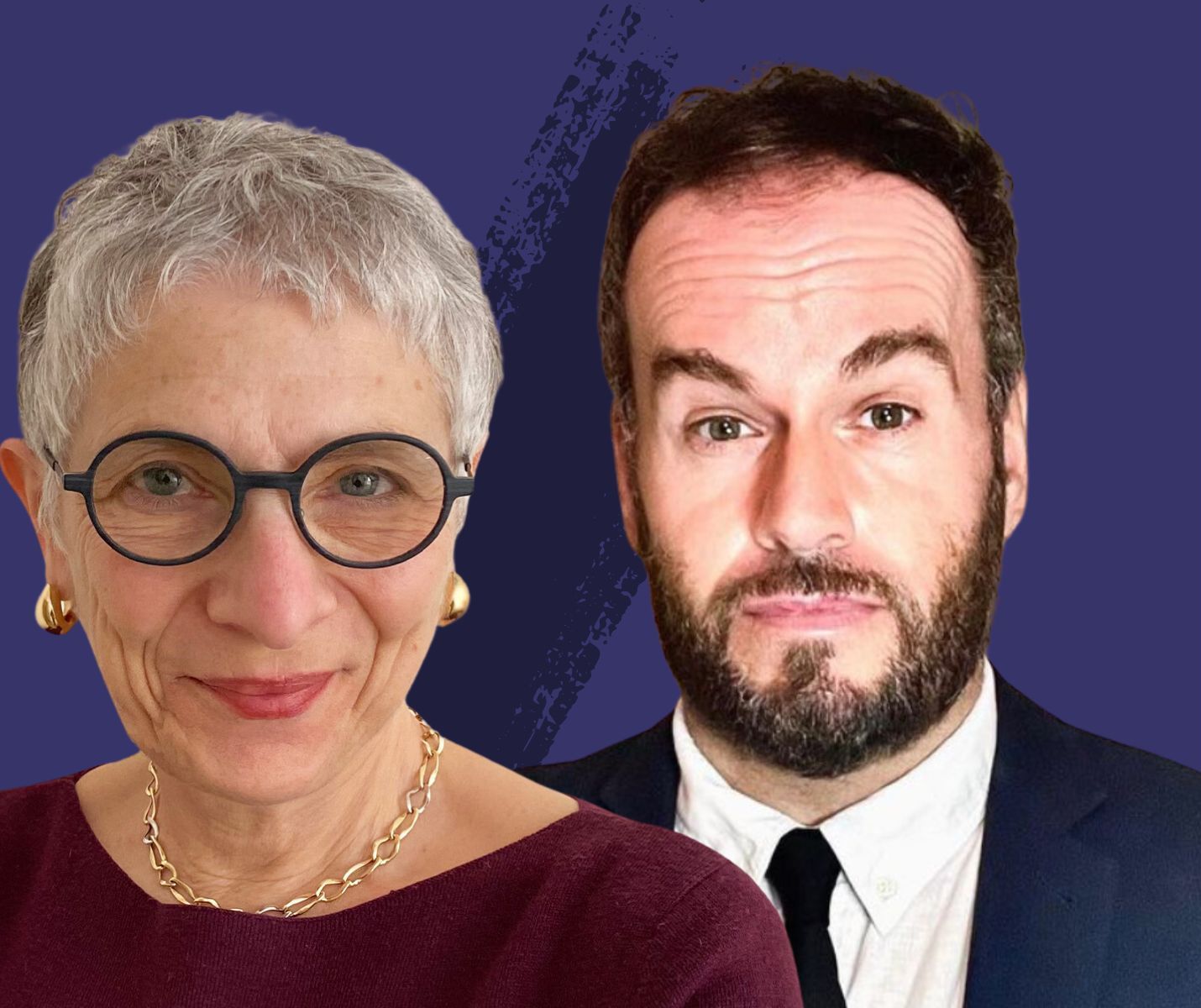
Melanie Phillips and Brendan O’Neill – live and in conversation
Wednesday 26 June – 8pm to 9pm BST
This is a free event, exclusively for spiked supporters.
Picture by: Getty.
To enquire about republishing spiked’s content, a right to reply or to request a correction, please contact the managing editor, Viv Regan.
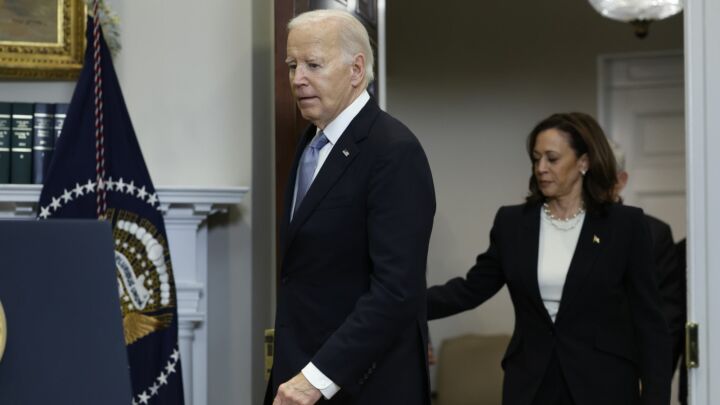
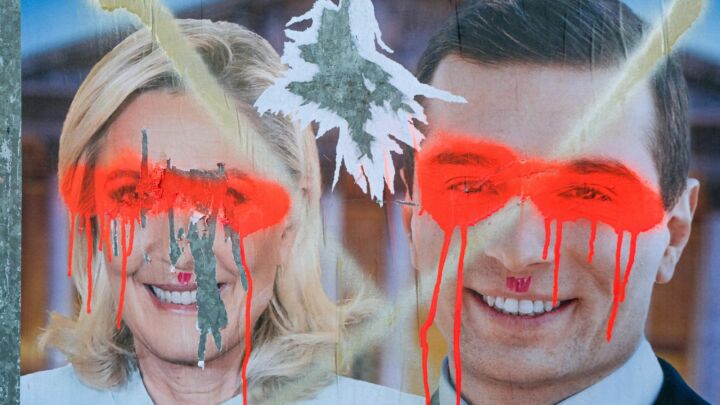
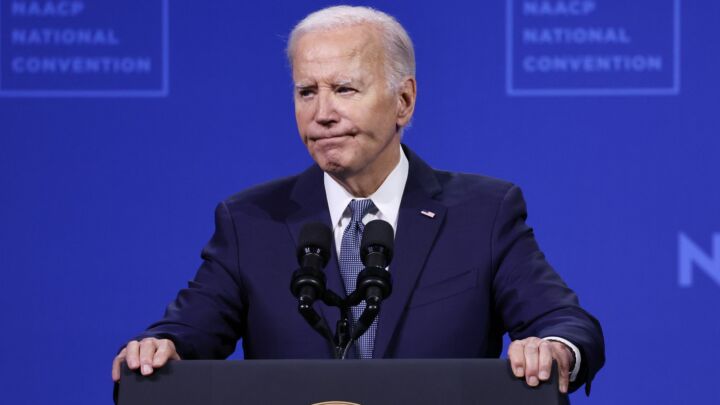
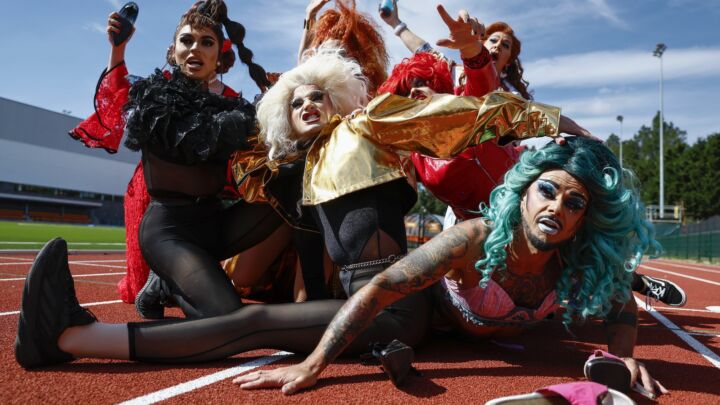
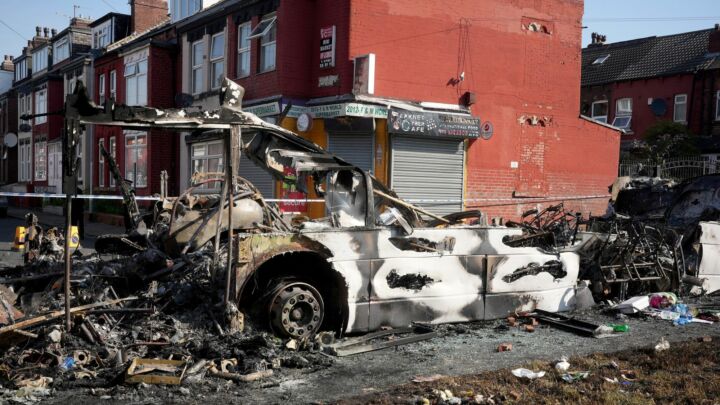
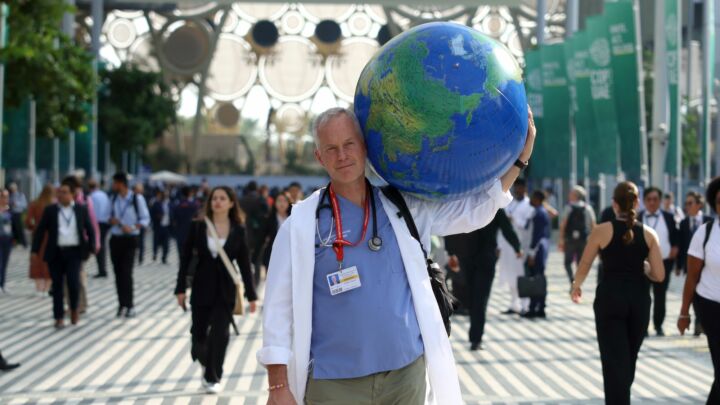

Comments
Want to join the conversation?
Only spiked supporters and patrons, who donate regularly to us, can comment on our articles.